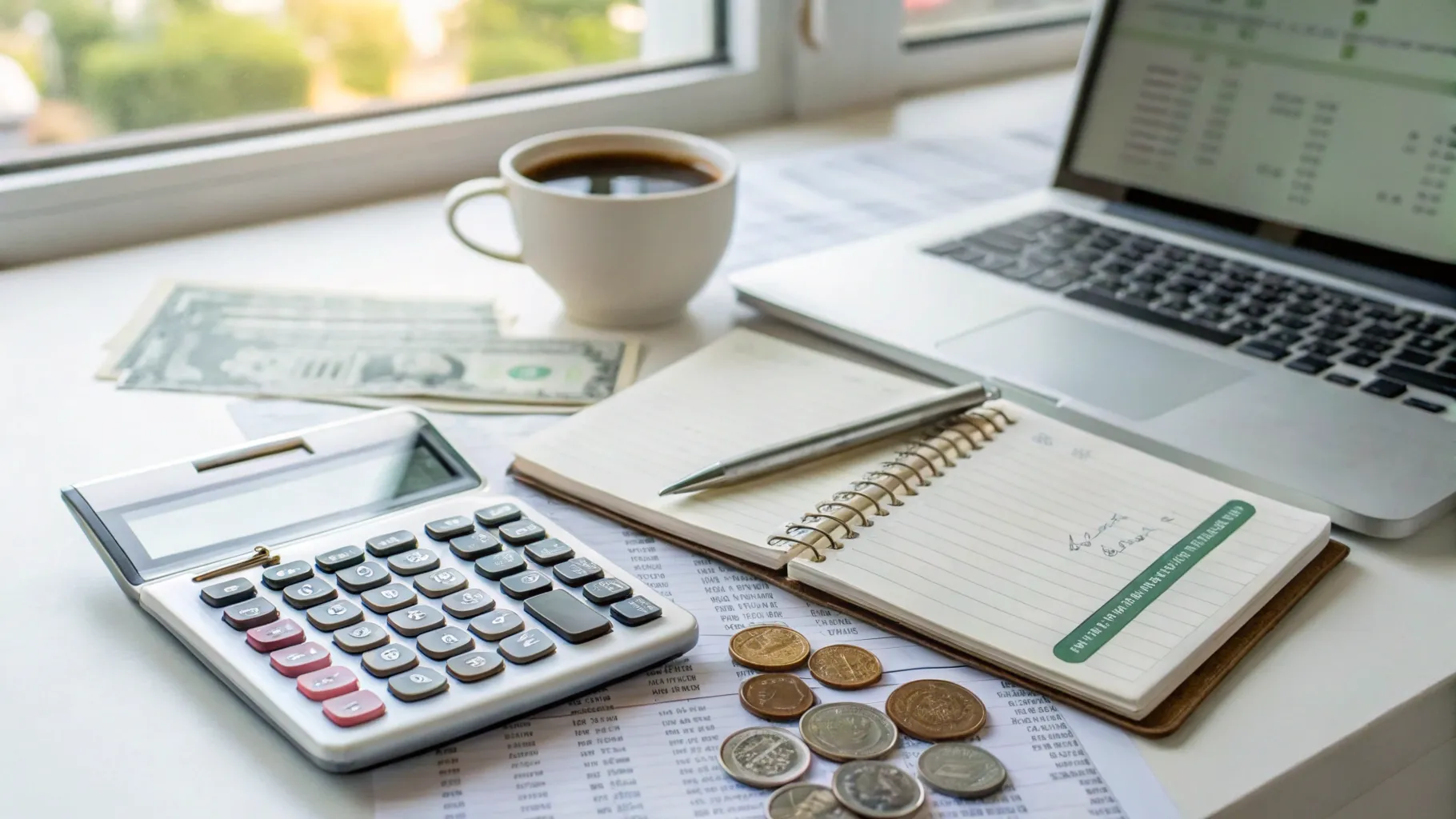How to Set a Budget and Stick to It

A budget is one of the most important financial management tools for you to be able to meet your financial goals more efficiently. At first, it might feel a bit intimidating but with a little dedication and organization it is easy to incorporate budgeting into your daily life. The following is a guide to help you in the creation of a budget that meets your needs.
Table of Contents
- Intro 📝
- Know your income 💰
- Determine your basic expenses 📊
- Determine your flexible expenses 🛒
- Determine what’s really important 📋
- Follow your spending 📅
- Keep track 🧾
- FAQ 🤔
Intro 📝
A budget is like a tool that you need in order to extend your paycheck to the maximum permissible limit. The time you often spend on the preparation will certainly be worthwhile when the monthly payment routine becomes less of a burden. So, what is your starting point? The initial point must be to set a target which is just excellent in the first place. It provides you with a goal to gain, and, besides obviously, the creation of the scheme will get you started.
Know your income 💰
It is appearing as simplified as it can be, but estimating the money you could spend for each month necessitates knowing the amount of net income you have. In practical terms, for you to build your budget, you need to have considering the actual amount you get after taxes, insurance, 401k contributions, and any other deductions; therefore, it can’t be solely based on your salary. It is advisable that you take a look at your pay slips and find out what the monthly amount you clear is.

Photo by Scott Graham on Unsplash
Determine your basic expenses 📊
In addition, you can calculate your monthly fixed expenses. These are the standard payments that you have every month, such as housing/rent or mortgage payments, car payments, insurance premiums, and student loans. To start with the preparation of the budget, it is best to have a safety net that can help you cover these costs in case of emergencies, such as unrehearsed repairs or medical bills.

Photo by Soyoung Han on Unsplash
Determine your flexible expenses 🛒
In this section, we will be examining the costs that change from month to month. These consist of utility bills, the expense of groceries, and other variable costs such as clothing and entertainment. Totaling these will show you the figures that you can manage to cut and deeper analyze your spending. Hence, you get the idea of how to fit the budget based on your needs and wants.

Photo by Pavel Kalenik on Unsplash
Determine what’s really important 📋
To start the implementation of a plan, you need to look at the facts straightpositive. You may sometimes have expenses that are more of a “want” than a “need.” For instance, do you really need to use unlimited texting on your cell phone? If it is not the case, you should think of downgrading your plan. It is the first step and the main way to find out the extra materials in your budget and to be able to arrange your priorities.
Follow your spending 📅
If you want to make your budget more successful, observe your spending with full dedication for the entire month. Check your wallet and credit cards to keep the amount below what it should be. Reminding yourself for small purchases is ofte…

Photo by Kenrick Baksh on Unsplash
Keep track 🧾
Eventually, discover a technique that suits you to monitor your expenditures. Be it a paper and pen, a spreadsheet, or a budgeting app you adore, the main thing is loyalty. Regularly, check your budget, update your income data, and record your actual expenses for the month. In the course of time, you will visually see the patterns and make the necessary adjustments to your budget.

Photo by Stephen Frank on Unsplash
FAQ 🤔
How often should I review my budget?
The monthly check of your budget is a good practice to help you see if you are on the right track and to adjust as per requirement.
What if I go over my budget?
Should you ever find it hard to stick to your budget, take account of the places you overspend in, and figure out whether you need to modify it or spend less in different areas?
Can I use budgeting apps?
Absolutely! Many banks provide budgeting tools as an integral part of their online banking services. Besides that, there is a large number of budgeting applications that can assist you in managing your financial affairs efficiently.
By following these steps, you can create a budget that not only helps you manage your expenses but also allows you to save for future goals. Remember, budgeting is a process that takes time and effort, but the rewards are well worth it. For more tips on saving and budgeting, check out Better Money Habits.


